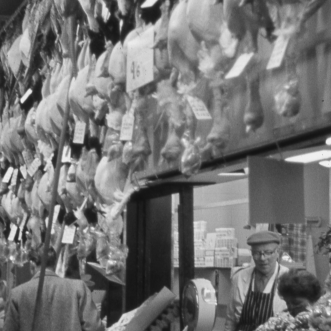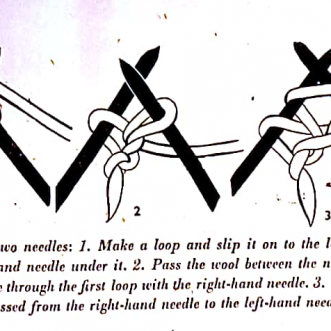November 14, 2018
How do you know when someone is doing a good job?
Is it by seeing them do it? Is it by reading a report of the results or hearing about them from someone? Is it by doing the job with them?
We know from NLP that individuals have a preferred ‘channel’ for taking in information, and not surprisingly, information about how well a person is working is no exception.
More interesting perhaps is that time comes into it too.
How do you get convinced enough that you don’t need to watch that person anymore?
For some people, once is fine. Others need a few occurrences. A few people are never quite convinced and have to keep checking.
This means that for some business owners, the temptation is to delegate a job, then watch over that person to make sure they are doing it right, which clearly defeats the purpose.
The other temptation – just as dangerous – is to assume after one occurrence (or a few), that everything is fine, only to uncover a disaster when the person is off sick or on holiday or leaves.
However you get personally convinced about how well a person is doing their job, it pays to have a means of confirming that this is still the case over longer periods of time.
First, make sure the person taking on the job knows the business outcome they are trying to achieve and the activities that are needed to get there.
Then create a process for spot checking that helps them and you to stay reassured that all is well, and that can catch any problems early.
Then let them get on with it.
(this blog was originally published in LinkedIn).









